Recently, there's been a poignant scene in the NBA: The Kings, without their top star De'Aaron Fox due to injury, have managed to win five games in a row! You might call it a coincidence, but this streak coincides with the turmoil surrounding Fox's contract renewal issues with the team. This raises a big question: When the team collectively celebrates victories, is that once "core" player still as important?
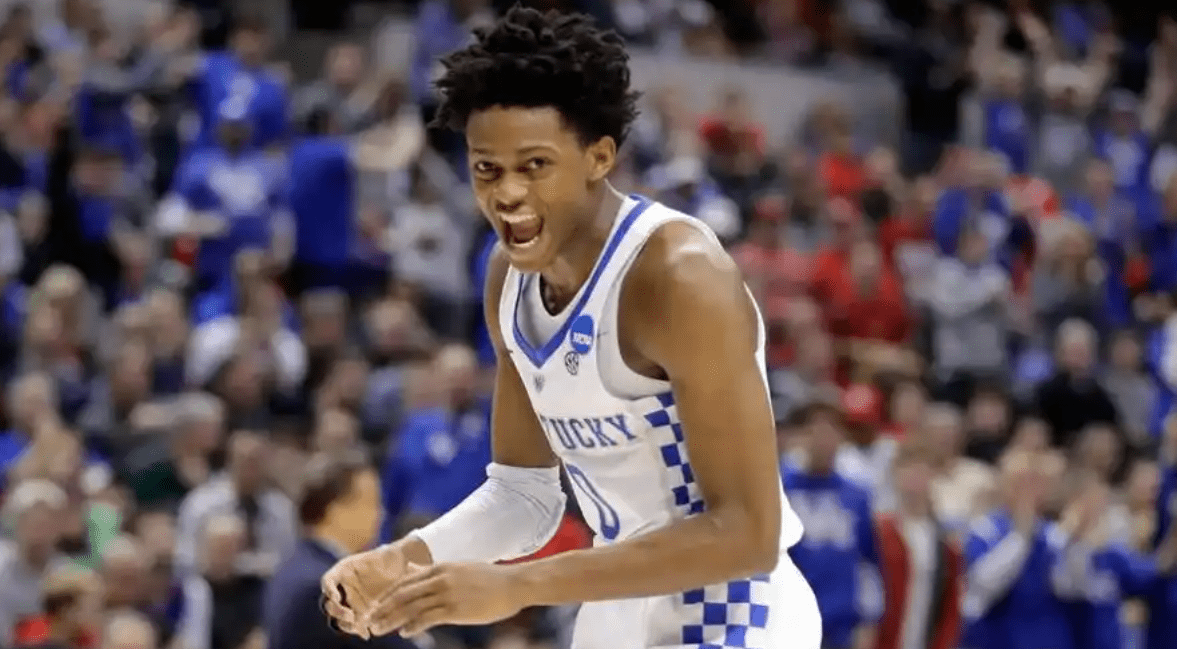
It turns out that Fox has gotten himself into quite a predicament. He turned down the Kings' offer of a three-year, 165millionmaxcontractextension,insistingonafive−year,346 million supermax deal. That's a hefty sum, indeed. However, the question remains: Does his performance justify such a contract? The team seems to be doing better without him, which is quite unsettling. Let's delve into this matter and see what's really going on.

Every player has the right to pursue higher pay, after all, it's the nature of professional sports. But this time, Fox and his agent, Rich Paul, seem to have taken too big a step.
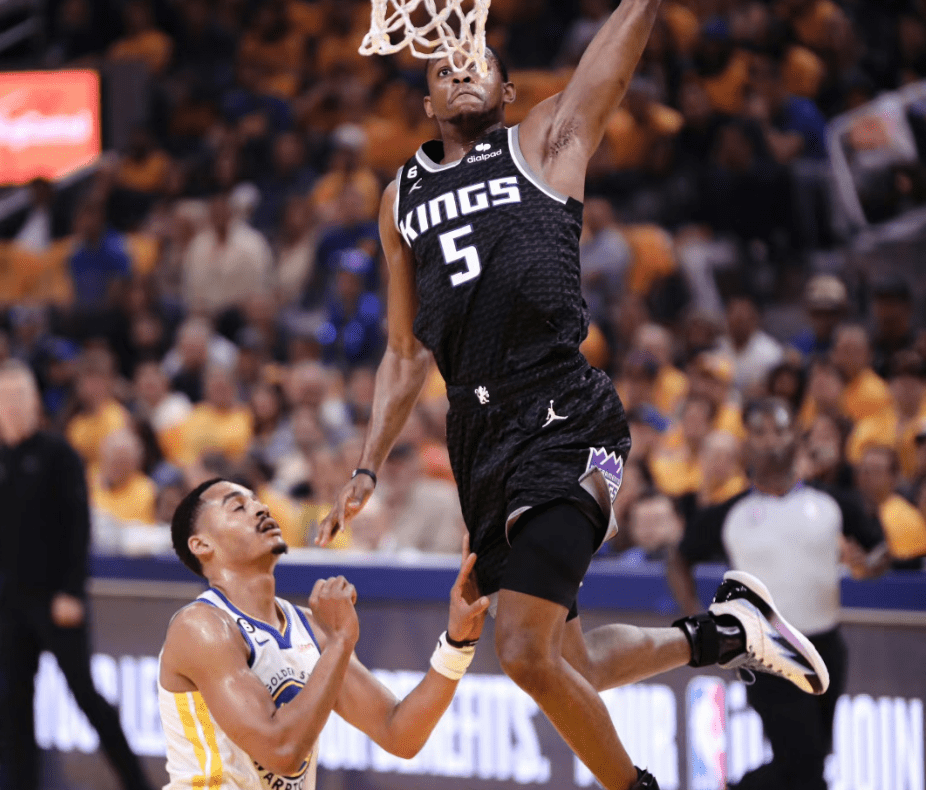
In the eyes of his agent, Fox should be among the league's top-tier players, on par with superstars like Luka Doncic and Jayson Tatum. In reality, though, Fox's resume includes only one playoff appearance. We're not talking about explosive stats here; his leadership abilities alone are questionable.
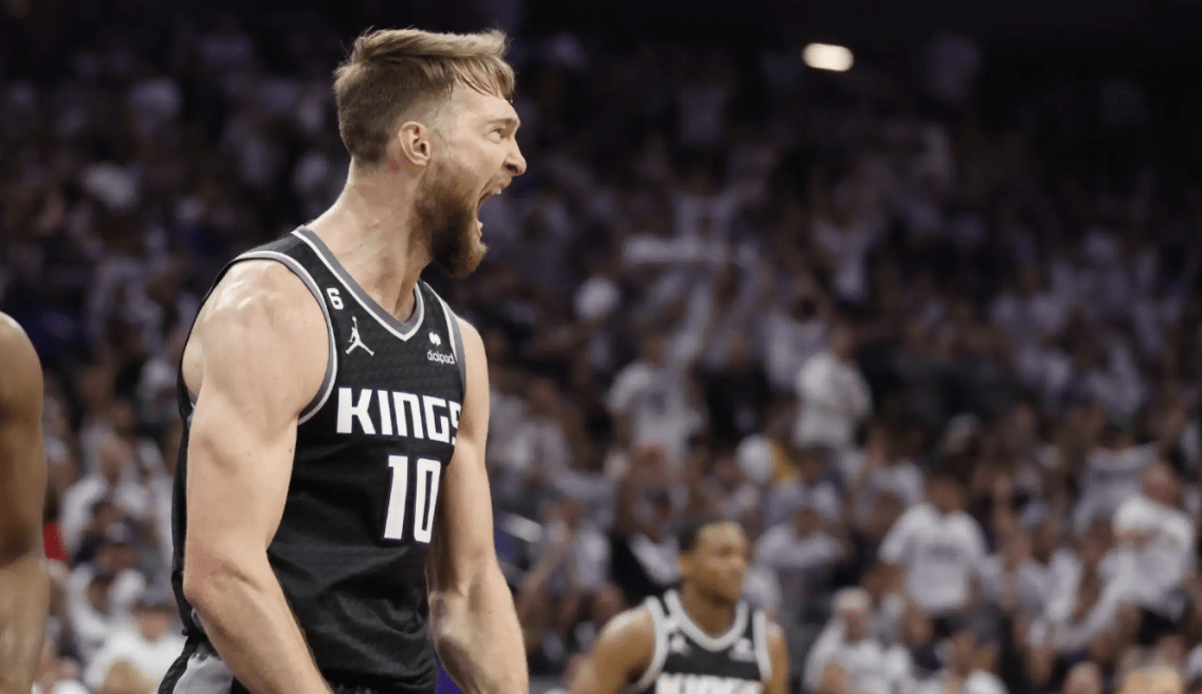
American media can't help but speak with data: Fox's effective field goal percentage and defensive impact rank only in the upper-middle range among point guards in the league, far from being at the "ceiling" level. Experts openly criticize his salary expectations as absurd, "wanting to sell a big bottle of water for the price of Maotai?"
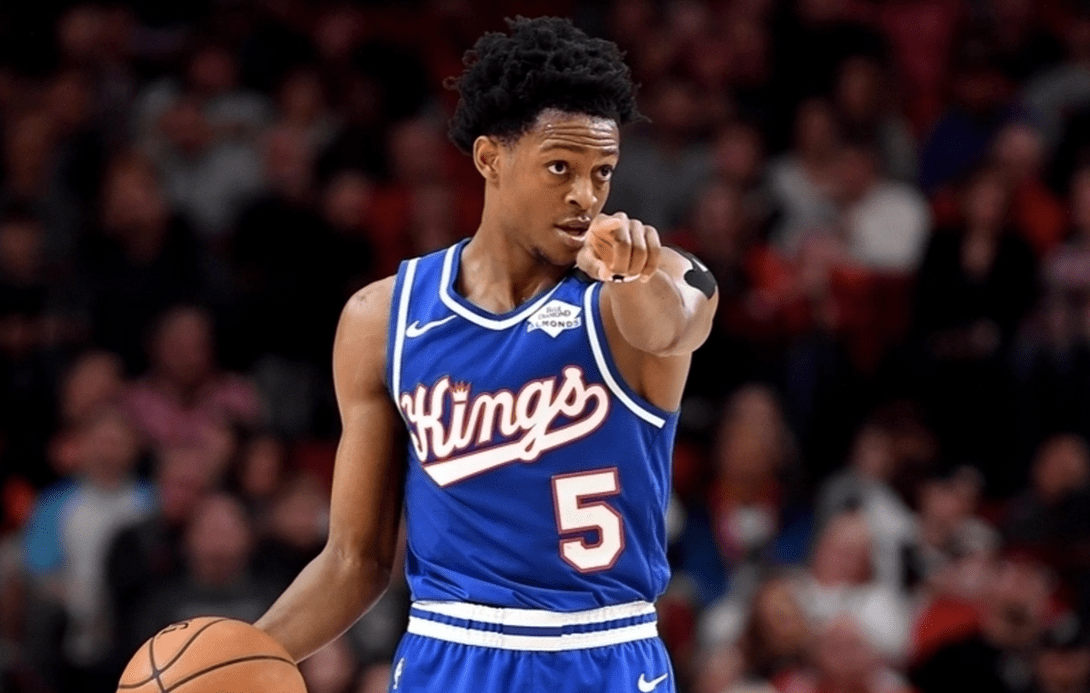
This cold reality has chilled Fox to the bone. It's precisely because of his high salary demands that many teams have become wary of him. One wonders, is Fox trying to achieve greatness or digging his own grave through these machinations?
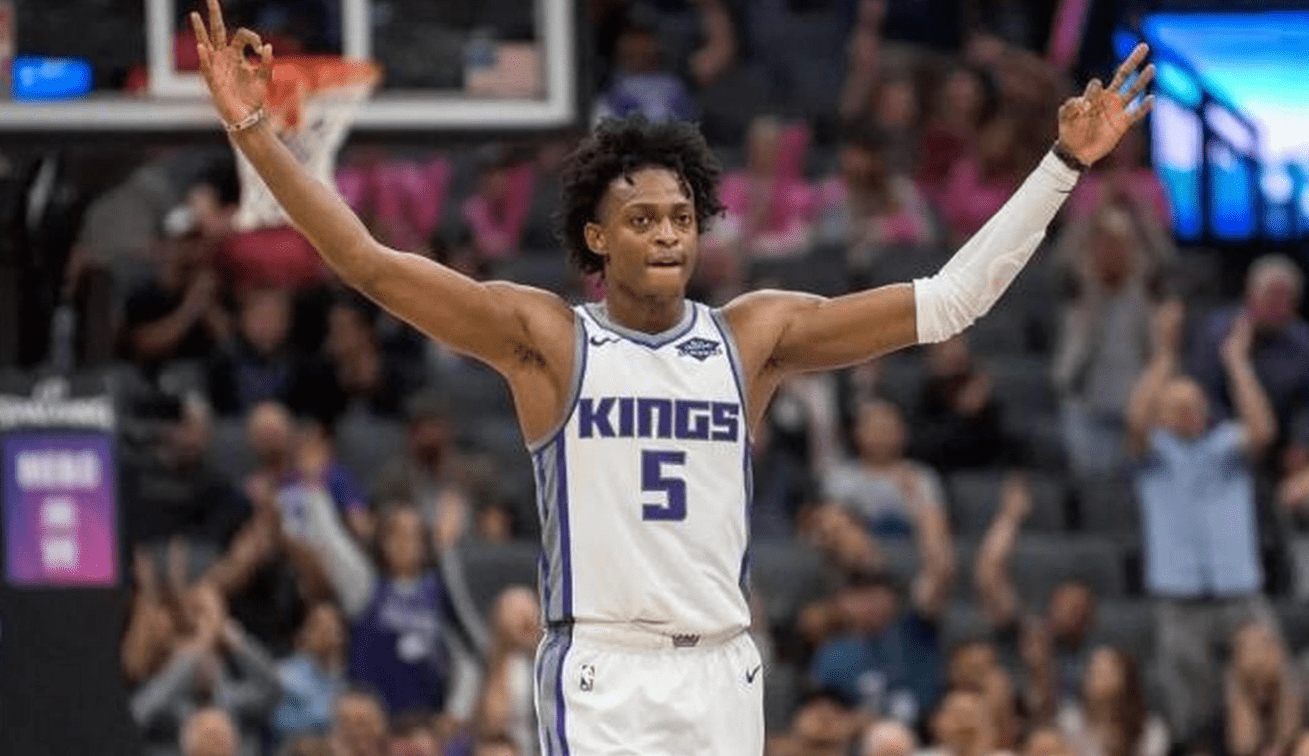
Speaking of the Kings' recent five-game winning streak, it's somewhat embarrassing. Once Fox was injured, the team experienced a long-awaited sense of chemistry. Suddenly, players like DeMar DeRozan and Domantas Sabonis became the "new pillars" of the Kings. Especially Sabonis, whose performance in critical moments is commendable, with his organizational skills and defensive prowess under the basket, even earning him the nickname "a lucky find" from some fans.

"We win games as a team, not relying on one individual," DeRozan said post-game, seemingly implying something. The mutual trust among teammates, the fluidity of ball movement, and the shared responsibility in key moments all prove that the Kings are not just a team built around Fox, but a group of people who come together with a certain ferocity.
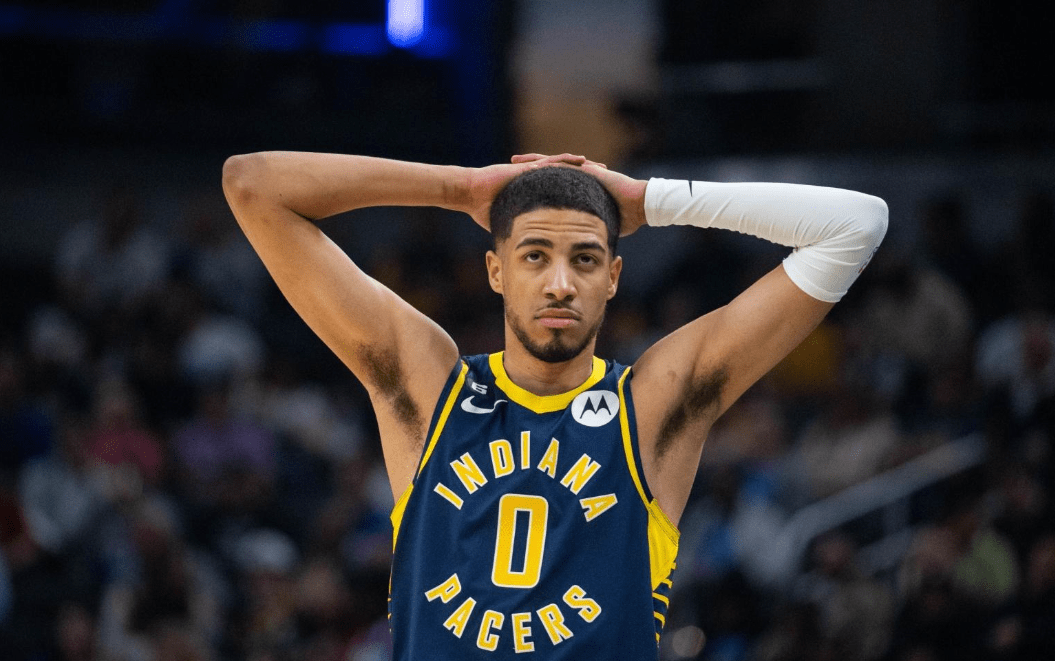
This trend of "de-Foxification" isn't just happening on the court; even the team management is sending signals. They've proactively reached out to players like Kyle Kuzma and Brandon Ingram, indicating that the Kings are reflecting on the "core system" issue. This change in direction inevitably brings to mind the phrase "starting anew."
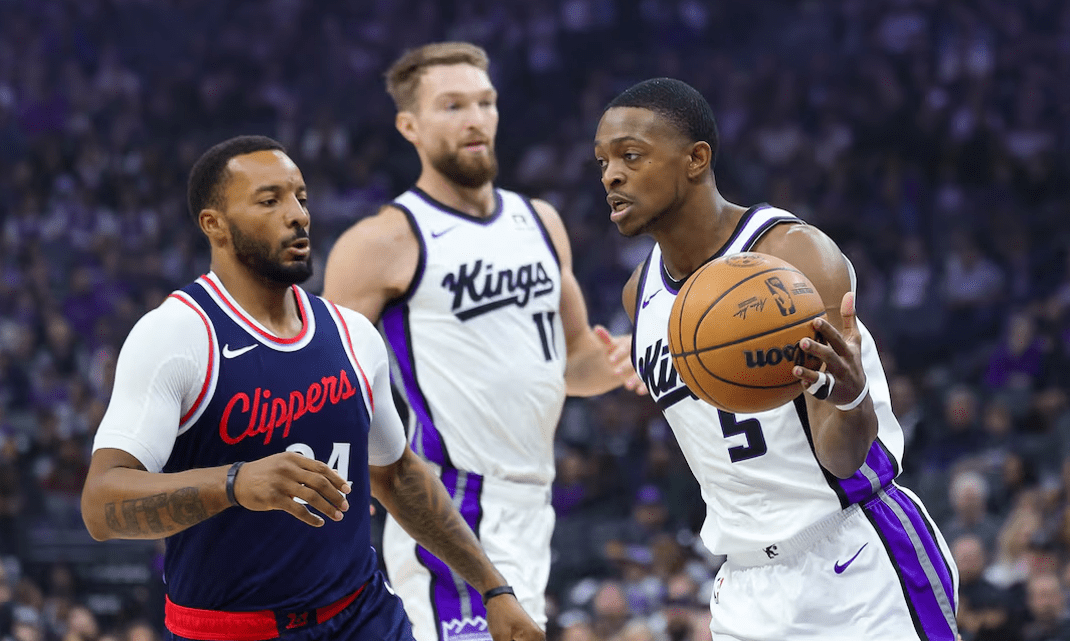
Fox's current situation easily reminds people of similar cases. Take John Wall, the man who basked in glory during his peak years, raking in lucrative contracts. But high salaries can be a double-edged sword; within a few years, he became a liability for teams due to injuries and declining form. Then there's Russell Westbrook, similarly adorned with a max contract, yet his experiences of being traded around have everyone exclaiming, "Too much talk hurts, too much money causes trouble"?
These examples seem to remind Fox: Don't overestimate your position in the market. The NBA is a business league where team owners look at value, not sentiment. There's nothing wrong with pursuing a supermax contract, but you must ensure your performance matches it.
Seeking short-term self-interest may plunge your career into difficulties, which doesn't seem like a good deal.
Fox's troubles also make fans reminisce about last year's trade: The Kings sent the then young and promising guard Tyrese Haliburton to the Pacers while retaining Fox as the "chosen core." However, in just a year, the Pacers' performance has made the Kings envious. Haliburton has not only improved his stats across the board but also led the Pacers to a rapid rise, delivering impactful performances and is even considered one of the league's future top point guards.
As Haliburton thrives, the Kings are embroiled in internal strife due to Fox's unsatisfactory performance. While the management supports the core, they're also sweating over the team's future. Was this trade worth it? It's likely that someone within the Kings organization often sighs, "It's like robbing Peter to pay Paul, and both ends end up collapsing."
In fact, regardless of whether Fox stays or goes, the Kings' path has quietly changed. Recent news of reinforcement suggests that Ingram, Kuzma, and even Cameron Johnson are targets the Kings are reaching out to. If this trade materializes, the Kings' goal appears to have shifted from "supporting Fox" to "all-out assault on the playoffs."
Looking at Fox's future, if he continues to insist on his high salary demands, potential suitors will likely dwindle. After all, not many teams are willing to shoulder a five-year supermax contract. Moreover, even if a team is willing to take him on, he may face the harsh reality of joining teams that are tanking or have no chance of making the playoffs. Consider how Westbrook was traded to the Wizards and Wall ultimately floundered in the Rockets; Fox's future looks equally daunting.
From any angle, De'Aaron Fox's contract renewal controversy is akin to a gamble—a player betting on his hand against an opponent determined not to play along.
And the Kings? They seem to be demonstrating with their actions that team success is far more important than the presence of any single core player. What will the outcome be? Perhaps only time can provide the answer.